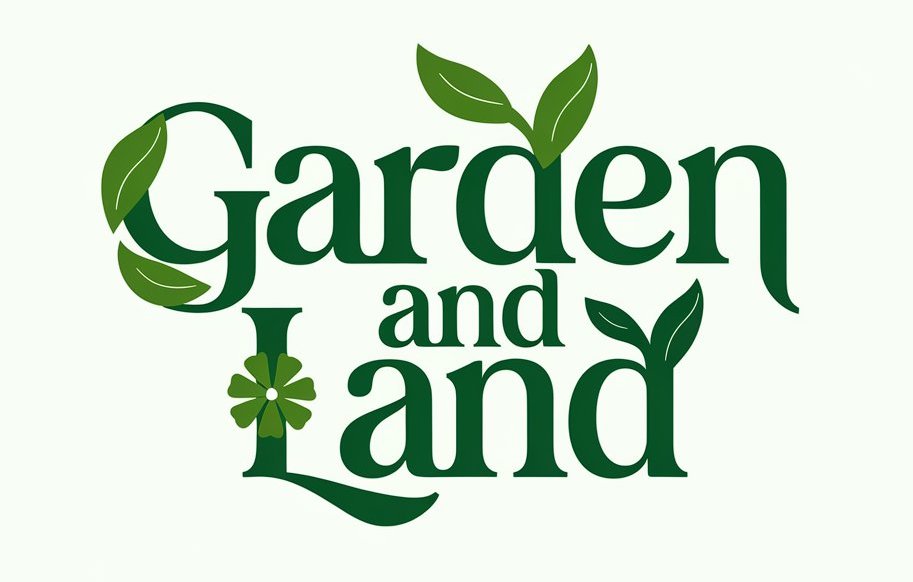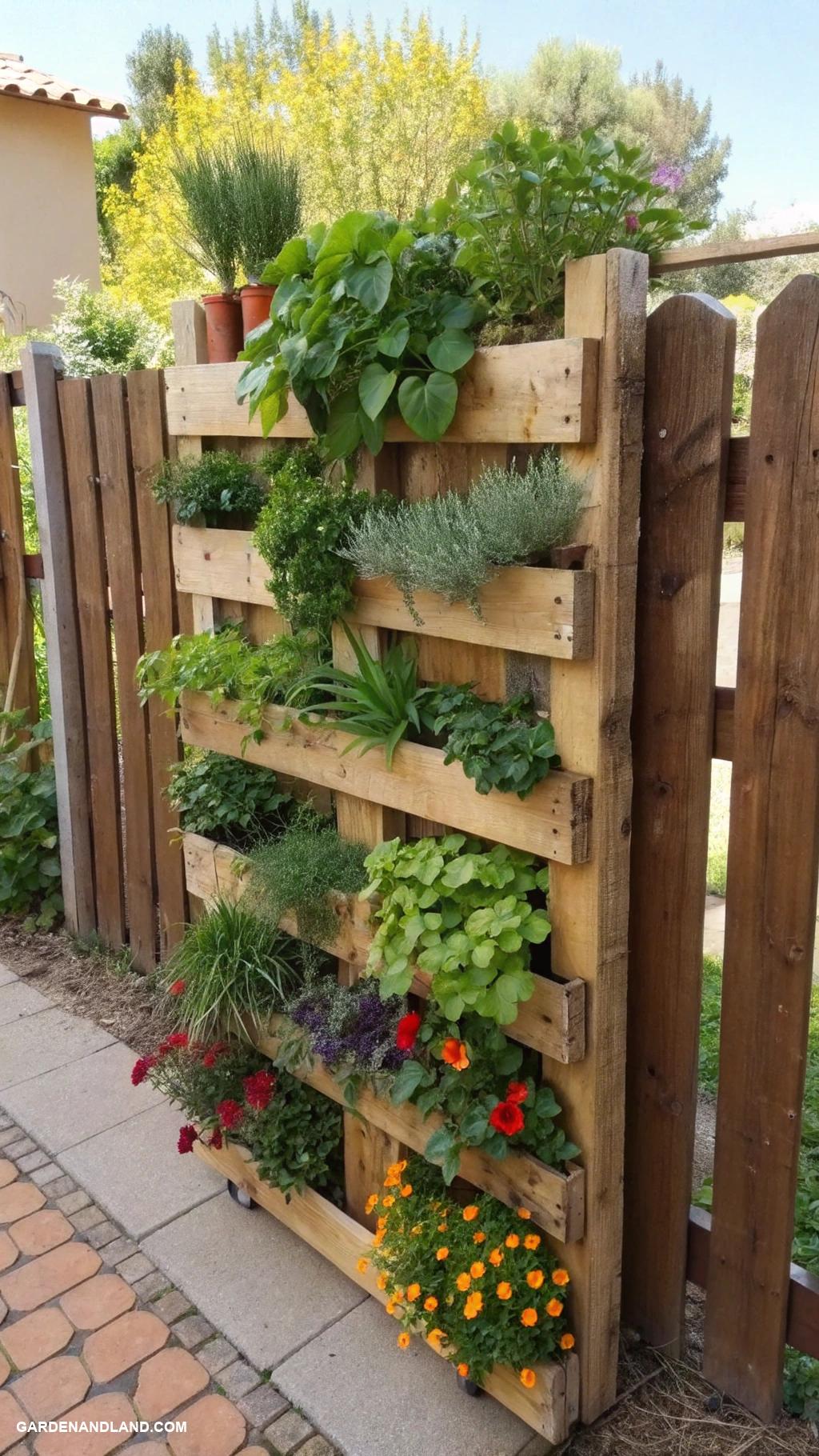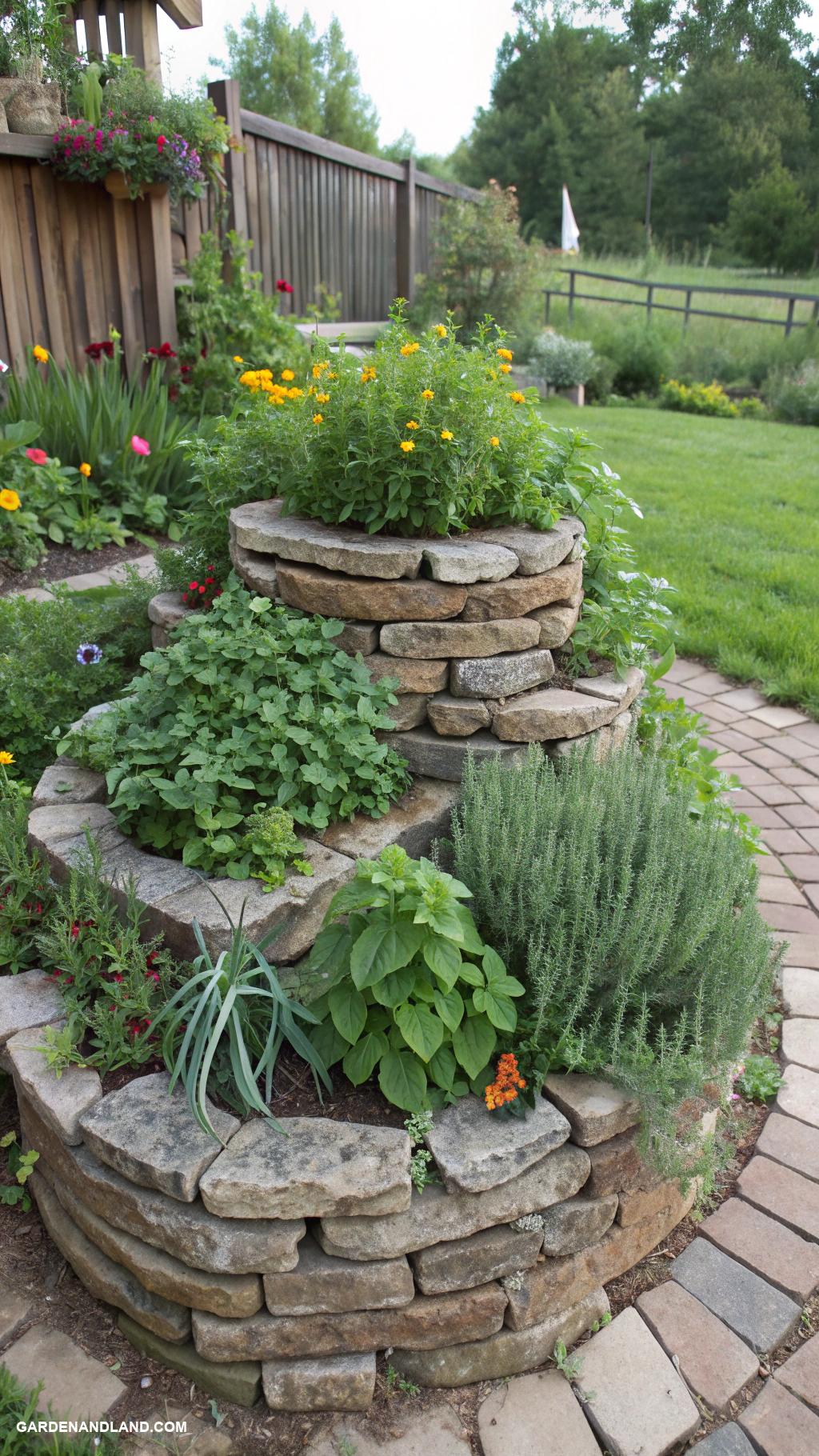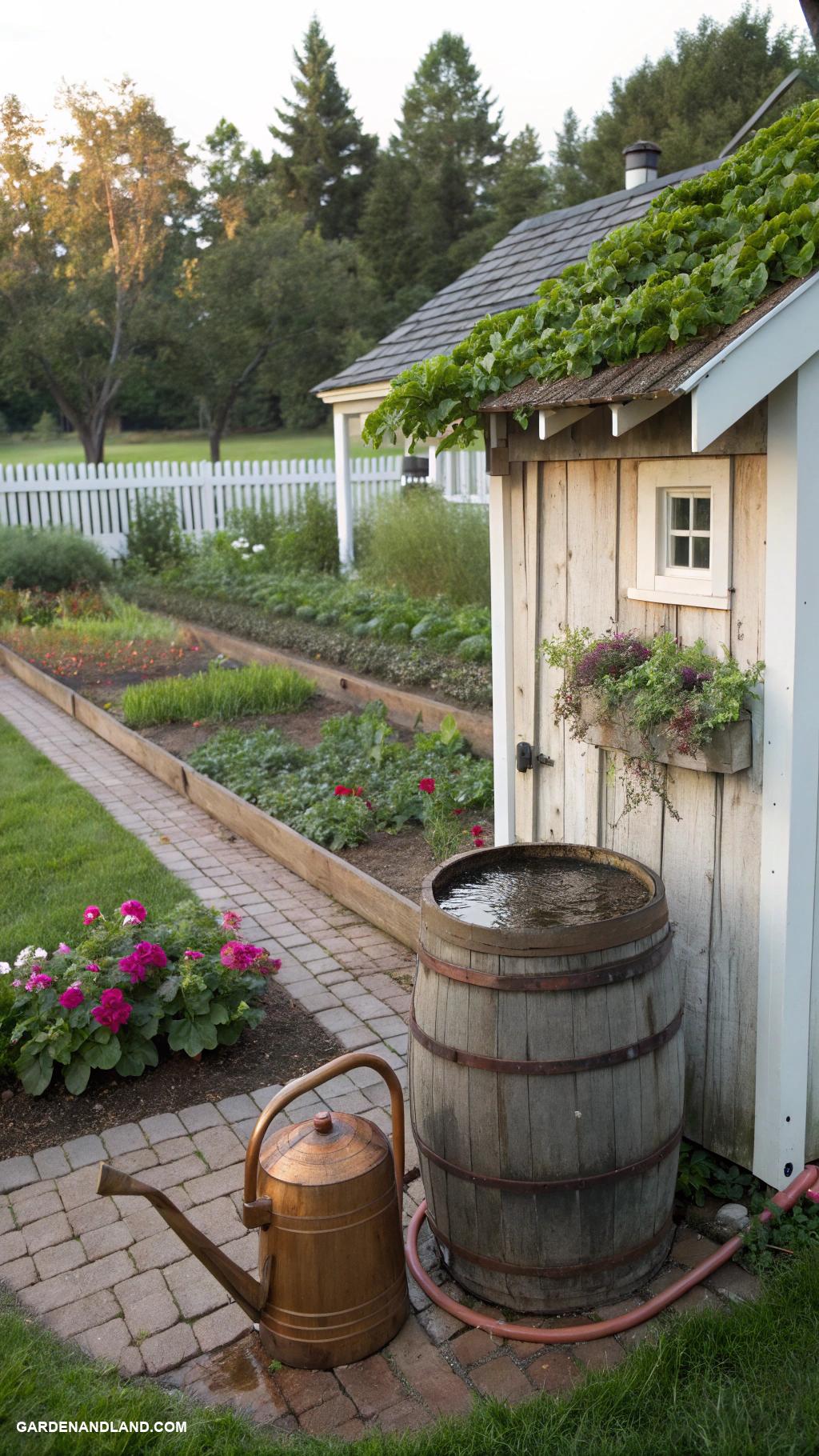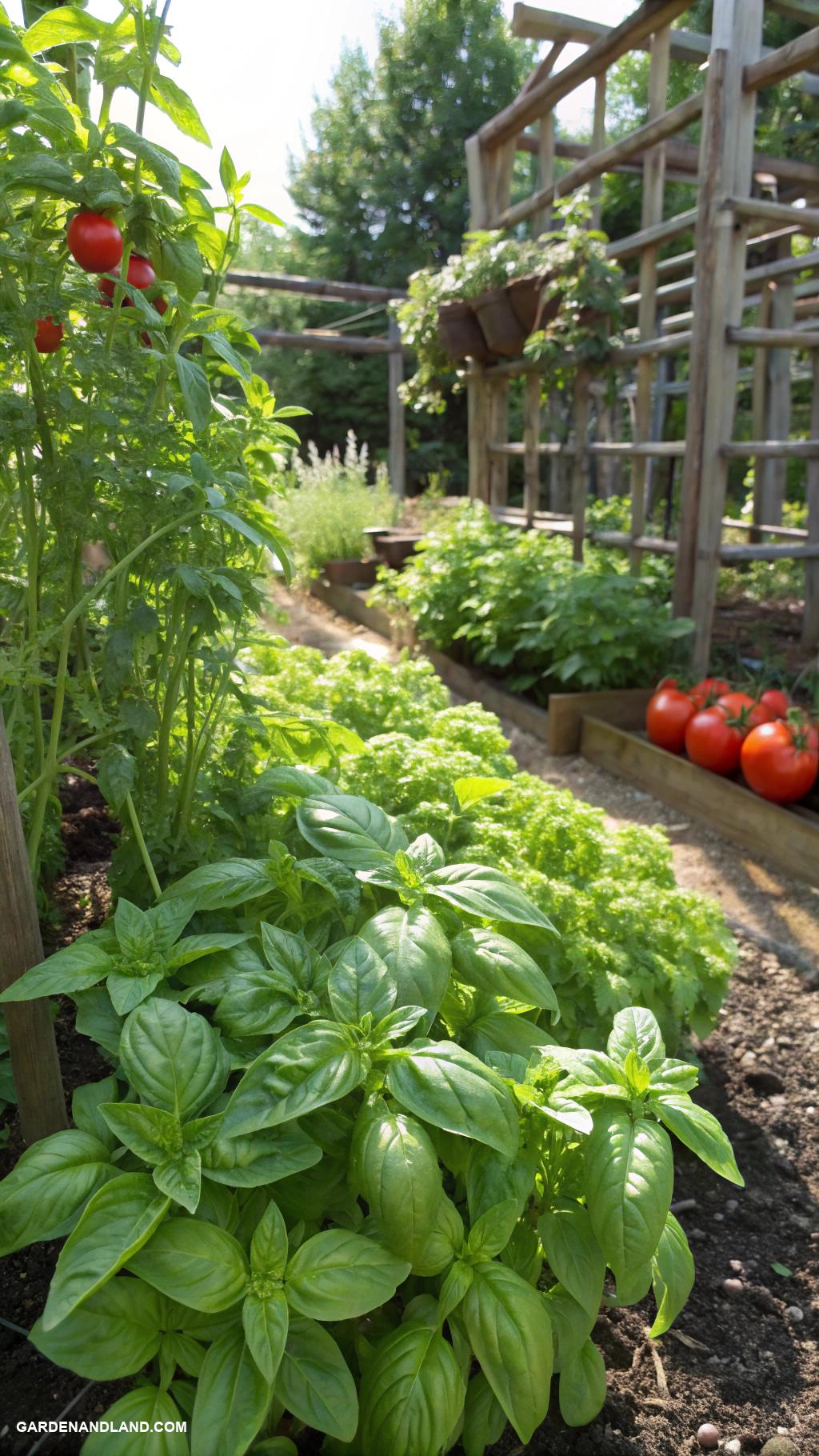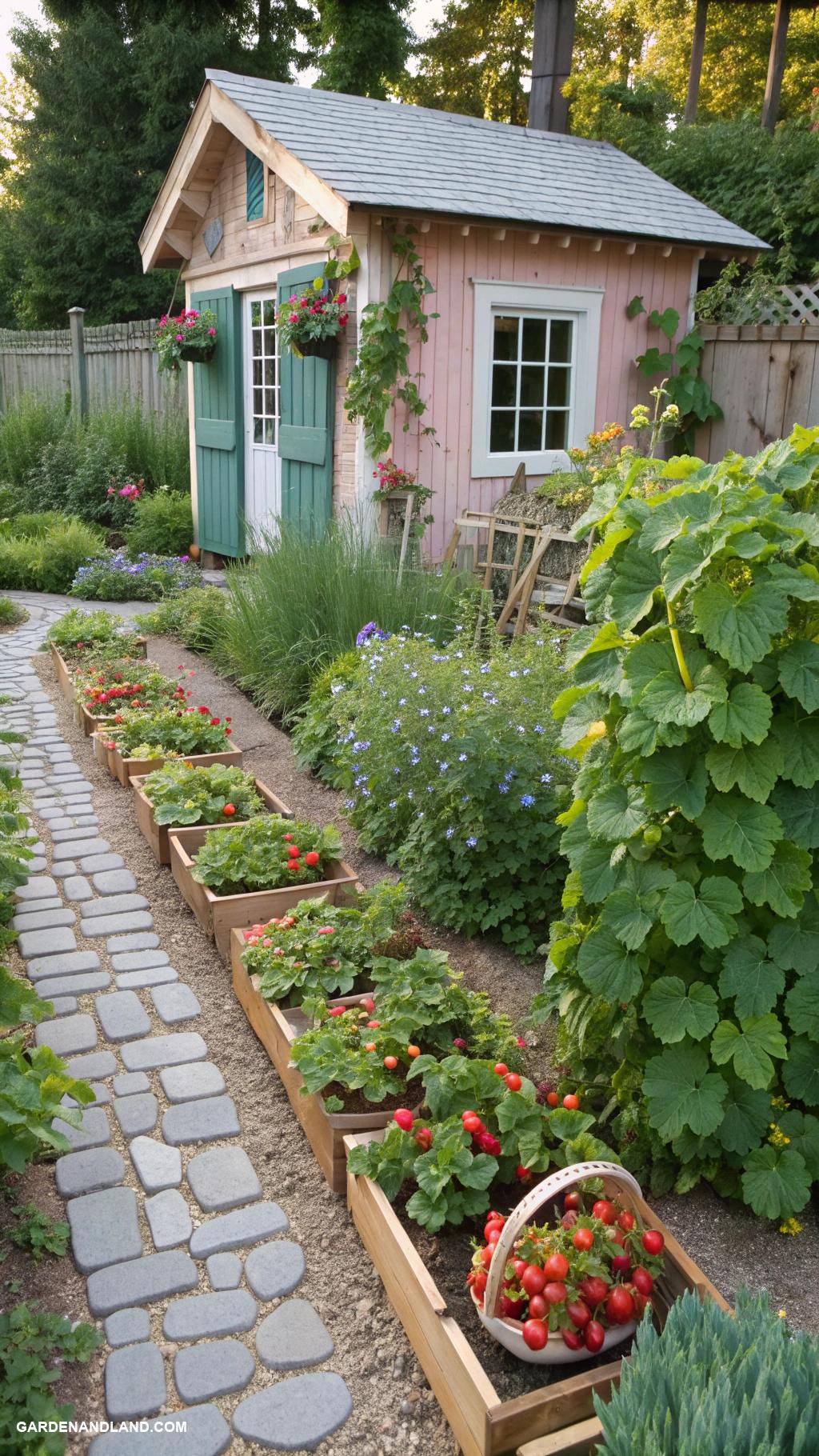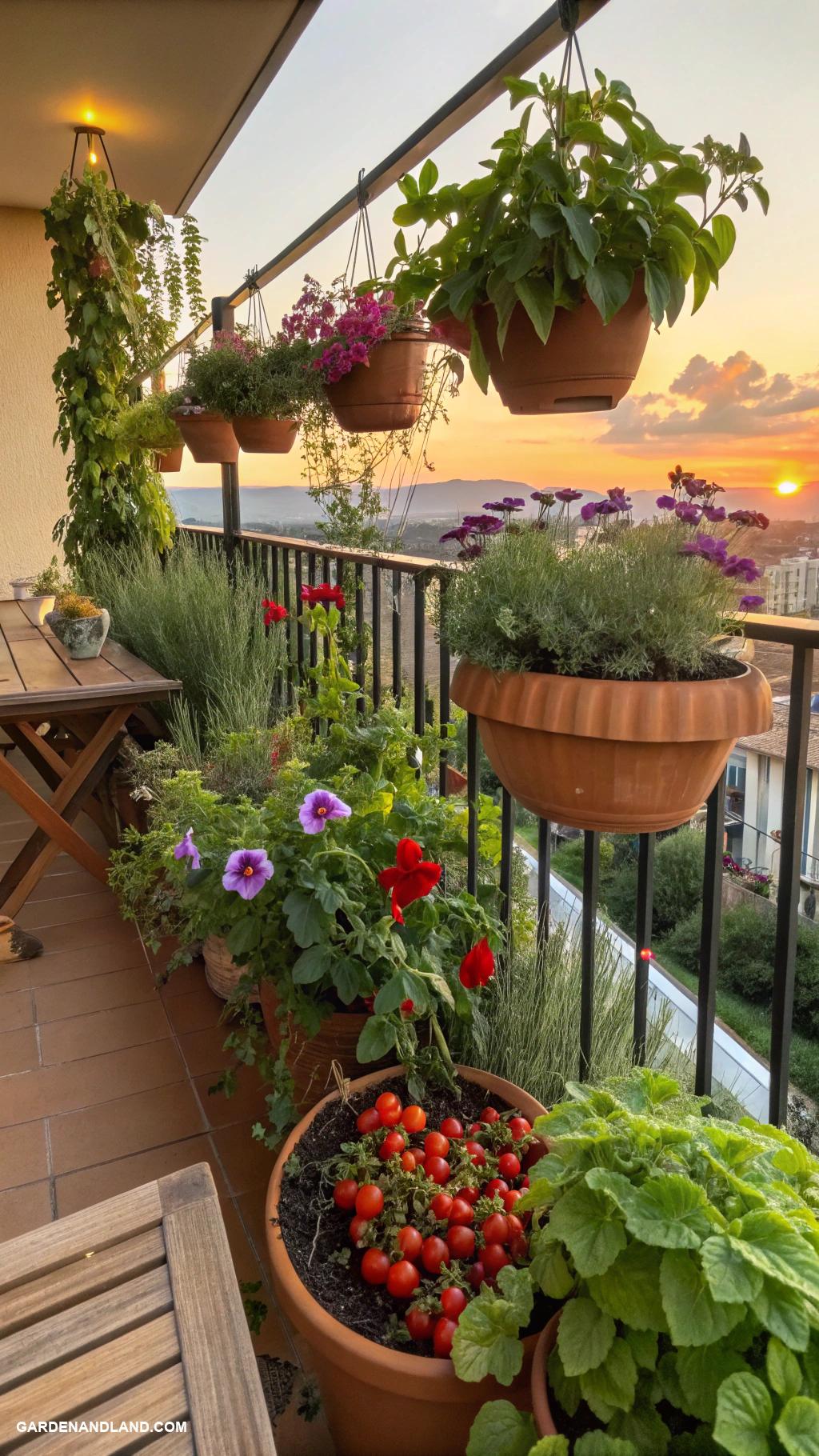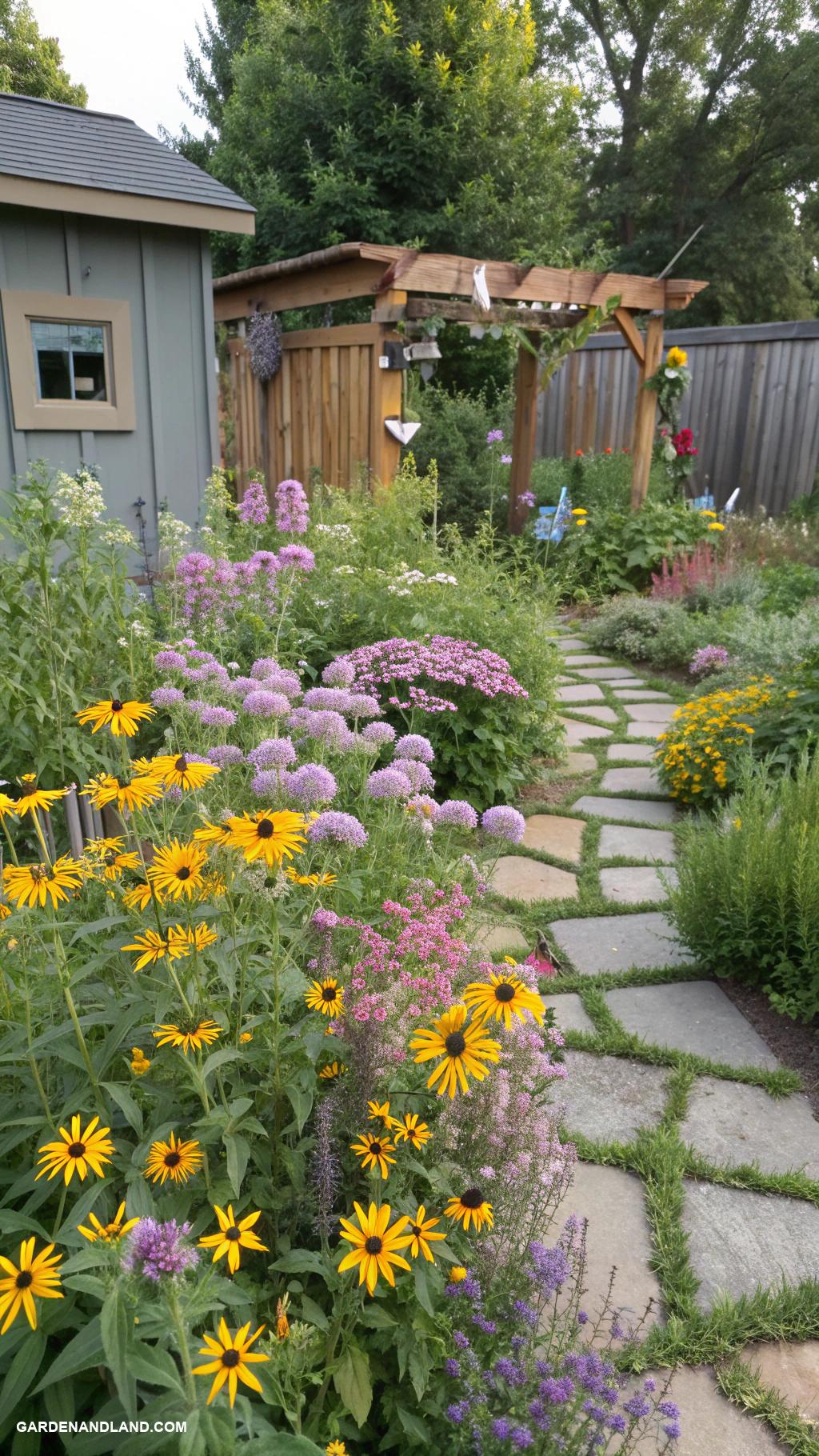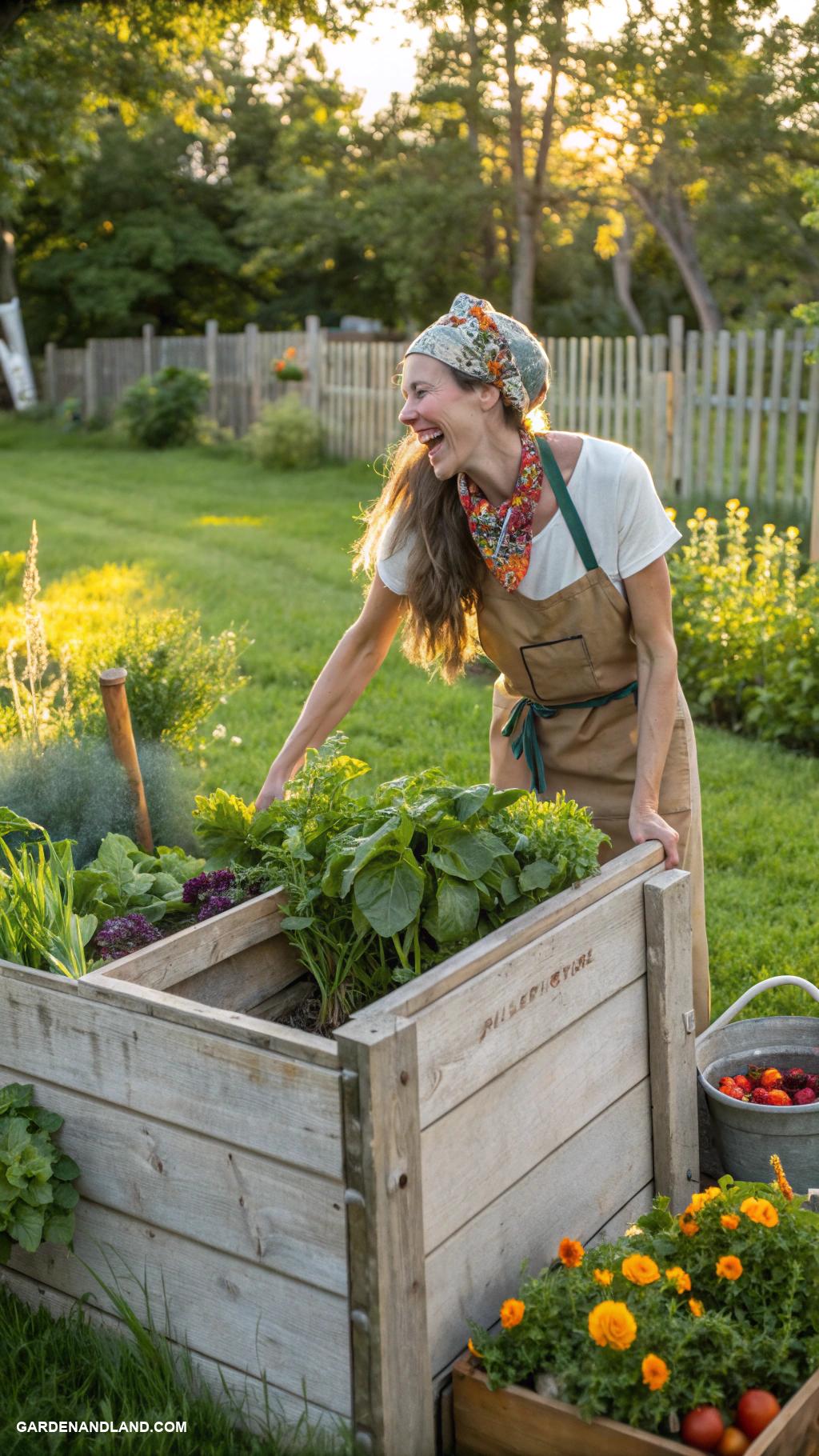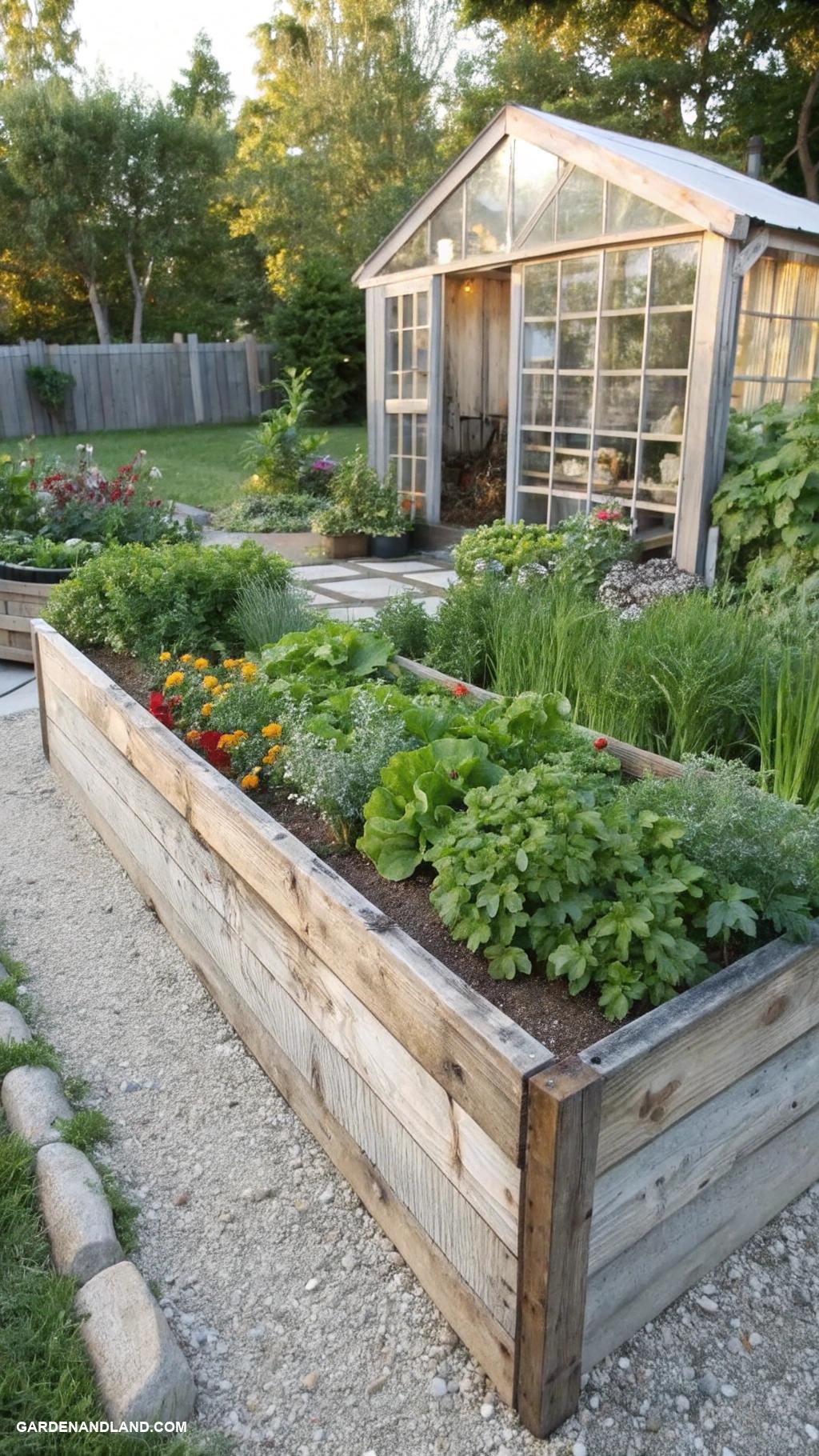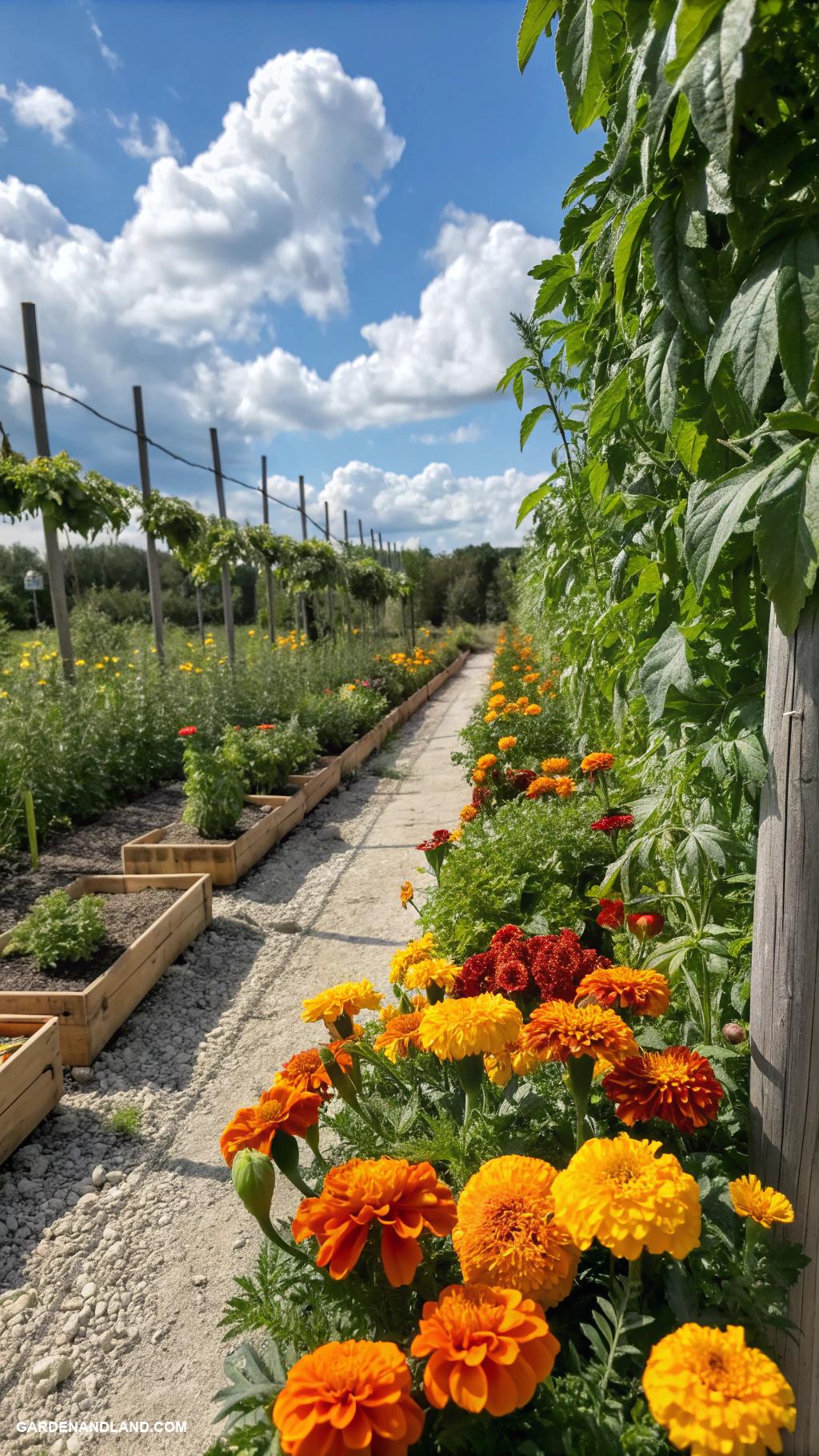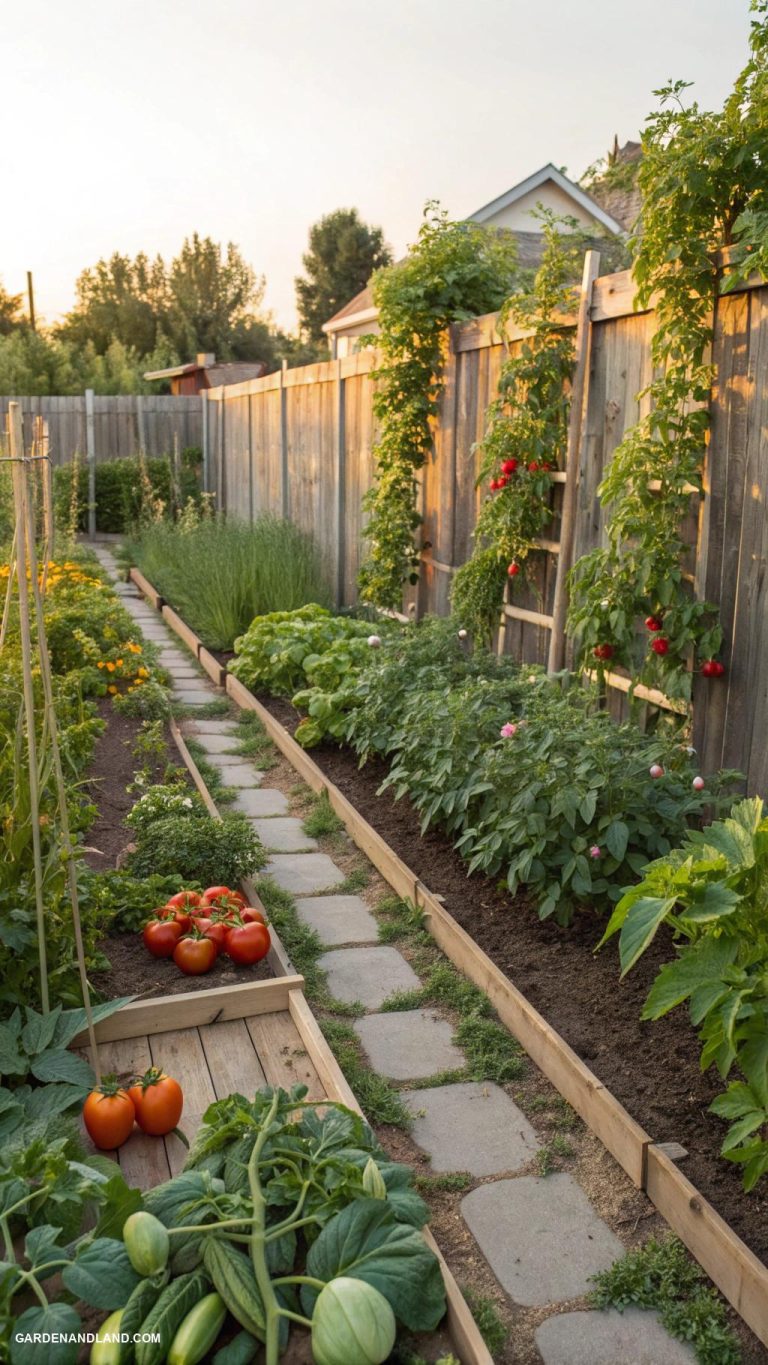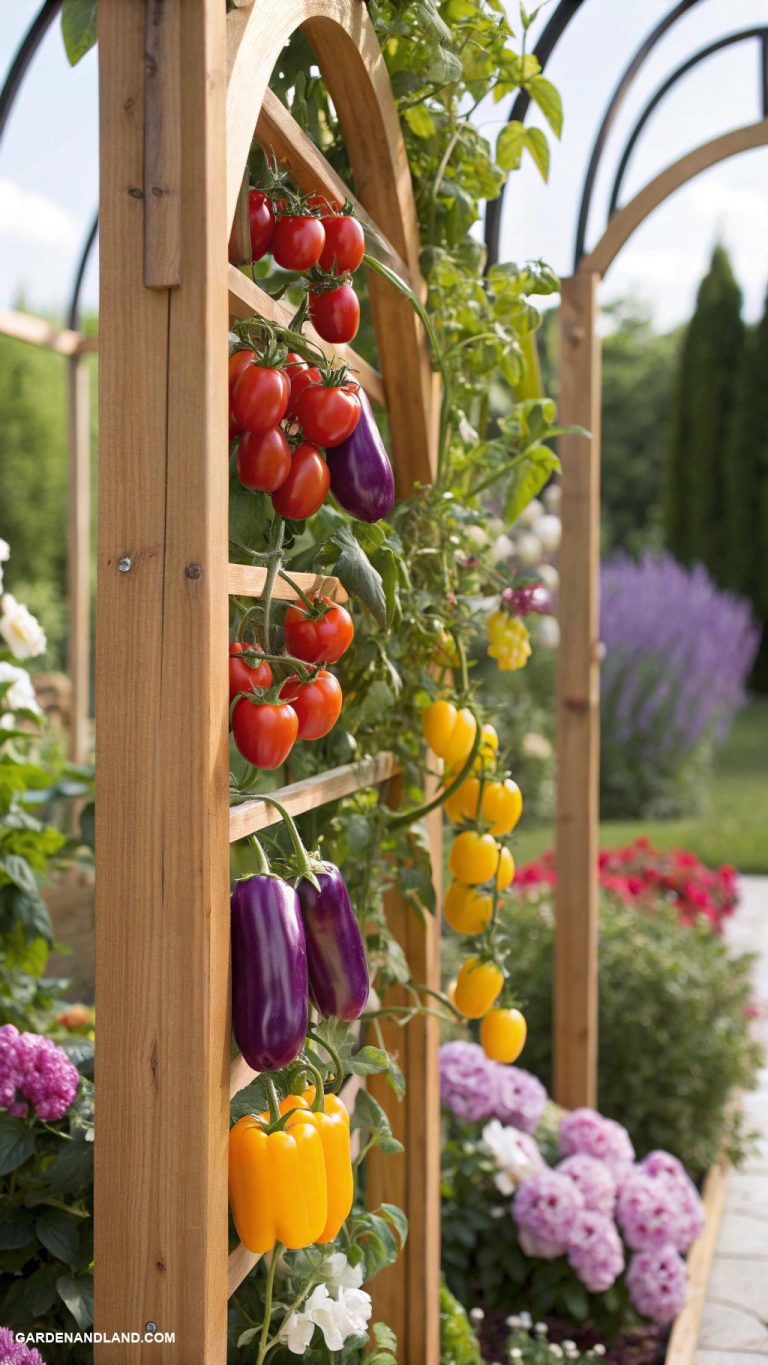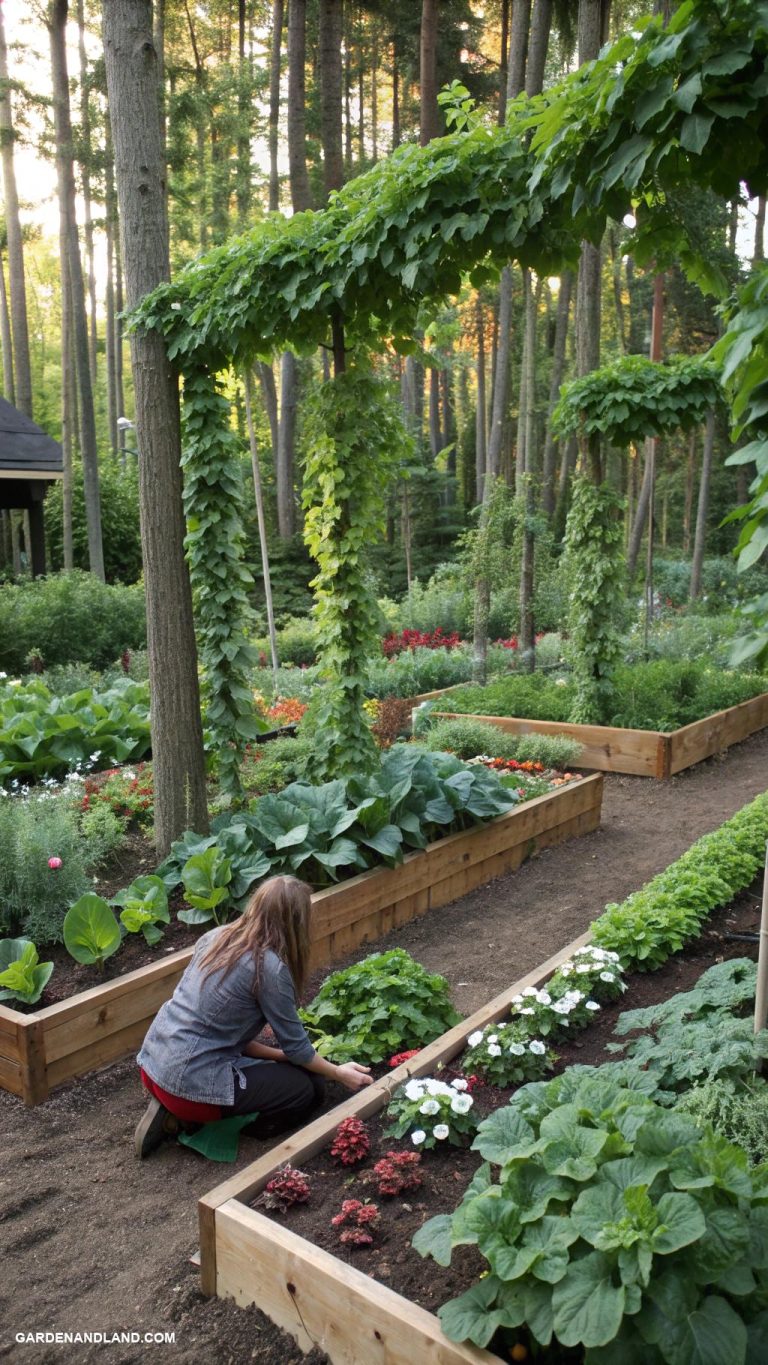10 Essential Homestead Gardening Ideas to Make Use of Your Outdoor Space
We may earn a commission through all links on this website. As an Amazon Associate, we earn from qualifying purchases.
As the sun rises over your backyard, the scent of fresh earth and blooming flowers fills the air, beckoning you to tend to your homestead garden. But, what if your outdoor space is more lawn than lush oasis? Fear not, fellow gardeners! With a few clever homestead gardening ideas, you can transform your yard into a thriving haven that’s as beautiful as it is bountiful.
From repurposing old pallets to creating a DIY rainwater harvesting system, we’re sharing our favorite tips and tricks to help you turn your garden into a sustainable haven that’s tailored to your unique needs and preferences. So, roll up your sleeves, grab your gardening gloves, and let’s get started on this journey to create a homestead garden that’s the envy of the neighborhood!
The Backyard Homestead: Produce all the food you need on just a quarter acre!
(as of February 28, 2026 05:10 GMT -05:00 - More infoProduct prices and availability are accurate as of the date/time indicated and are subject to change. Any price and availability information displayed on [relevant Amazon Site(s), as applicable] at the time of purchase will apply to the purchase of this product.)Vertical Gardens Using Repurposed Pallets
Vertical gardens using repurposed pallets are an innovative and sustainable way to maximize gardening space, especially in smaller areas. By simply attaching a pallet to a wall or fence, you can create a stylish vertical garden that showcases a variety of herbs, flowers, or leafy greens. This method not only helps in recycling wood materials but also enhances your outdoor aesthetic with a touch of greenery. Plus, the vertical arrangement allows for easier maintenance and better air circulation for the plants, promoting healthier growth.
Herb Spiral for Space-Saving Gardening
Herb spirals are a creative and efficient solution for space-saving gardening, perfect for maximizing productivity in small areas. This vertical design allows gardeners to cultivate a variety of herbs in a compact footprint while utilizing vertical space. The spiral structure creates microclimates, offering diverse conditions for different herbs, from sun-loving varieties at the top to moisture-loving plants at the base. Not only does this method enhance accessibility and aesthetics, but it also promotes biodiversity in your homestead garden.
Rainwater Collection for Irrigation Efficiency
Rainwater collection is a sustainable practice that can significantly enhance irrigation efficiency in your homestead garden. By installing rain barrels or a larger cistern to capture and store rainwater, you can reduce dependency on municipal water sources and lower your water bills. This collected water can be used to irrigate your plants during dry spells, ensuring they receive consistent moisture while minimizing waste. Additionally, utilizing rainwater helps to prevent runoff and soil erosion, making it an eco-friendly choice for any gardener.
Companion Planting for Pest Control
Companion planting is a natural and effective method for pest control that involves pairing certain plants together to enhance growth and deter unwanted insects. For instance, planting marigolds alongside vegetables can repel nematodes and other harmful pests due to their strong scent. Additionally, herbs like basil and mint can help protect surrounding crops while attracting beneficial pollinators. This diverse planting strategy not only boosts garden health but also promotes a more vibrant and balanced ecosystem.
Edible Landscaping with Fruit-Bearing Plants
Edible landscaping combines beauty and functionality by integrating fruit-bearing plants into traditional garden designs. By incorporating trees, shrubs, and vines that produce fruits, you can create an aesthetically pleasing environment that also provides a bountiful harvest. From berry bushes to fruit trees, these plants not only contribute to a diverse landscape but also attract beneficial pollinators. This approach encourages sustainable gardening while allowing homeowners to enjoy fresh, homegrown produce right from their yards.
Container Gardening on Balconies or Porches
Container gardening on balconies and porches offers a versatile solution for those with limited outdoor space, allowing urban dwellers to embrace gardening. By utilizing pots, trays, and hanging planters, you can create a lush and vibrant green space right outside your door. Choose a variety of plants, such as herbs, vegetables, and flowers, to add beauty and utility to your small area. With careful placement and attention to sunlight and watering needs, even the smallest balcony can become a flourishing garden retreat.
Pollinator Garden to Attract Bees and Butterflies
A pollinator garden is a vibrant and vital addition to any homestead, designed to attract and support bees, butterflies, and other essential pollinators. By incorporating a diverse selection of nectar-rich flowers, such as lavender, coneflower, and milkweed, gardeners can create an inviting habitat that promotes biodiversity. Additionally, including native plants not only provides food sources but also strengthens the local ecosystem. A well-planned pollinator garden enhances the beauty of your landscape while fostering healthy pollinator populations that are crucial for food production.
Composting Kitchen Scraps for Nutrient-Rich Soil
Composting kitchen scraps is an excellent way to create nutrient-rich soil for your garden while reducing waste. By collecting items like vegetable peels, eggshells, and coffee grounds, you can enrich your compost pile with organic material that enhances soil fertility. As the scraps break down, they release essential nutrients that promote healthy plant growth, making your garden more productive. Embracing composting not only benefits your plants but also contributes to a more sustainable homesteading lifestyle.
Raised Beds for Improved Soil Drainage
Raised beds are an excellent solution for improving soil drainage in your garden, especially in areas prone to waterlogging. By elevating the planting area, these beds allow excess water to drain away more effectively, creating an optimal environment for root growth. They can be filled with a custom soil mix that enhances drainage while also providing essential nutrients. Additionally, raised beds can extend your growing season by warming up faster in spring and protecting plants from frost.
Natural Pest Deterrents Like Marigolds
Natural pest deterrents, such as marigolds, play a vital role in creating a thriving garden while minimizing chemical use. Their vibrant blooms not only add aesthetic appeal but also emit natural compounds that repel common pests like aphids and nematodes. Planting marigolds alongside vegetables and herbs can enhance the health of your garden ecosystem, attracting beneficial insects that help with pollination and pest control. Incorporating these easy-to-grow flowers into your gardening strategy fosters a sustainable and balanced landscape.
